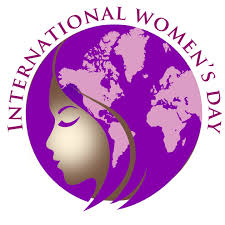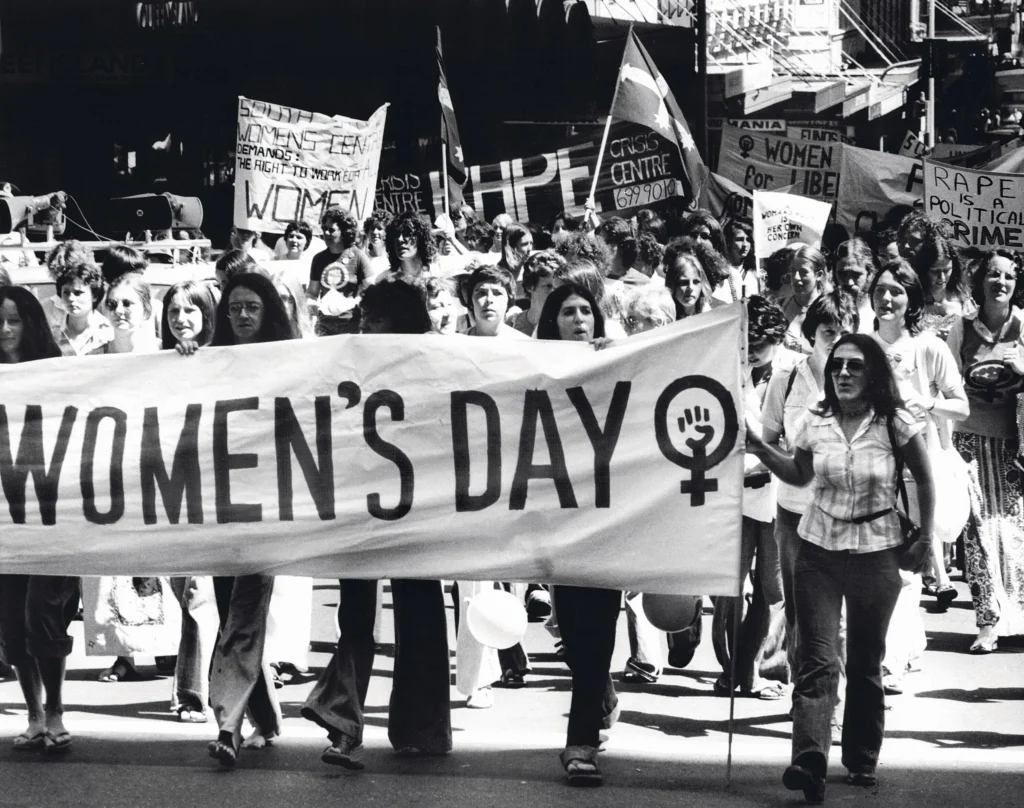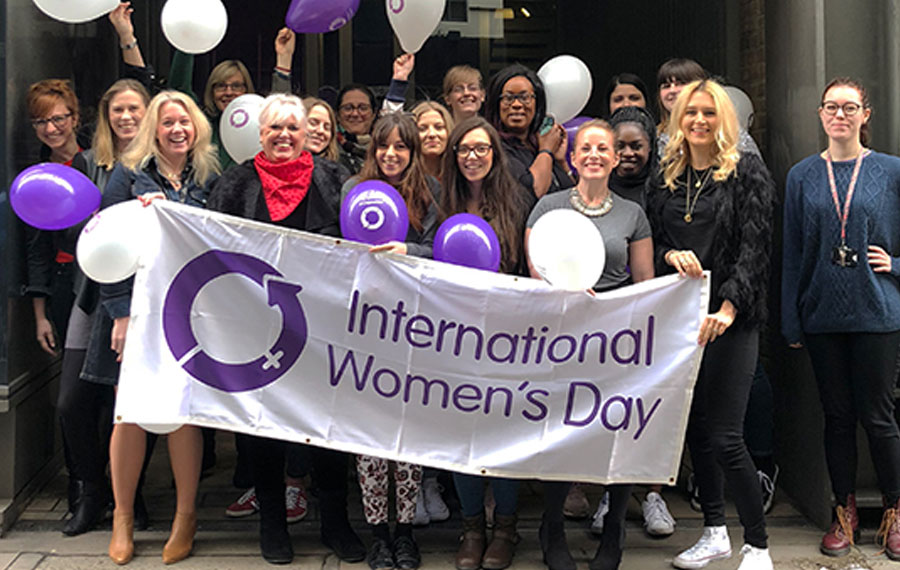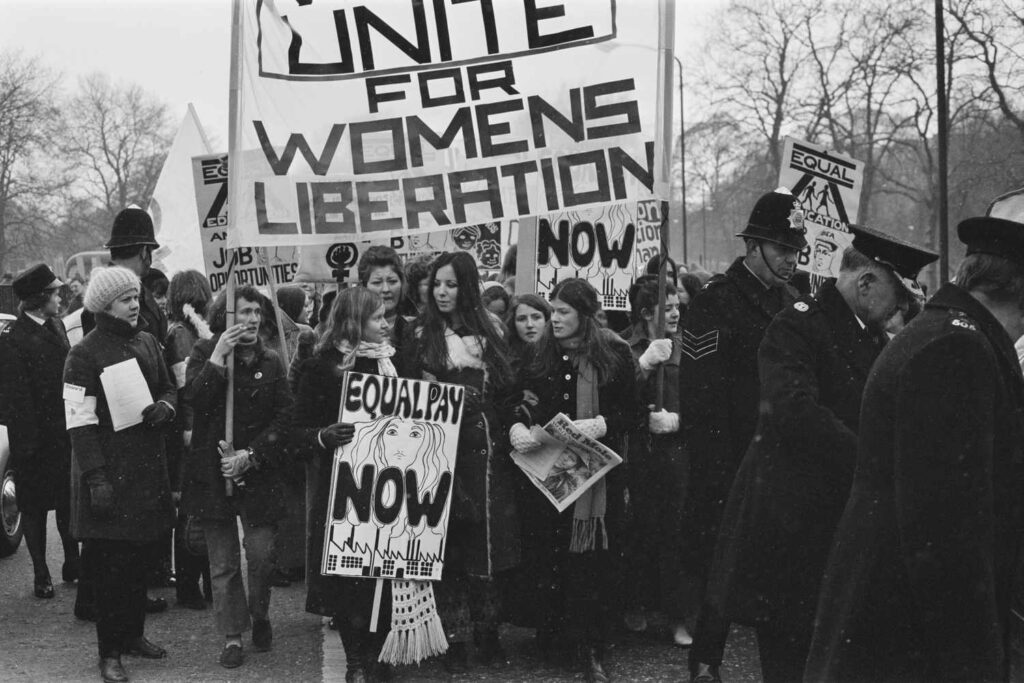International Women’s Day: Unstoppable, Empowering, Inspiring

International Women’s Day is a global celebration observed on March 8th to honor women’s achievements and advocate for gender equality. International Women’s Day highlights the social, economic, cultural, and political contributions of women worldwide. International Women’s Day serves as a powerful reminder of the progress made toward women’s empowerment while acknowledging the challenges that remain.
On International Women’s Day, various events, campaigns, and discussions take place to raise awareness about women’s rights. International Women’s Day is celebrated by organizations, communities, and individuals through rallies, conferences, and initiatives promoting inclusivity. International Women’s Day also emphasizes the need for equal opportunities, fair wages, and the elimination of discrimination.
International Women’s Day inspires people to take action for a more just society. Schools, workplaces, and governments recognize International Women’s Day with special programs and policies supporting women. Through International Women’s Day, the world unites to appreciate, support, and empower women everywhere.
The History of International Women’s Day
International Women’s Day has its roots in the early 20th century labor movements when women demanded better working conditions, voting rights, and equal opportunities. The first National Women’s Day was observed in the United States in 1909, and the idea gained international recognition when the United Nations officially marked March 8th as International Women’s Day in 1975.
Since then, IWD has evolved into a global movement, highlighting issues such as gender parity, reproductive rights, equal pay, and the eradication of violence against women. It serves as a powerful reminder that while progress has been made, there is still work to be done to achieve true gender equality.

Achievements of Women Across the World
Women have made remarkable contributions in every sphere of life—politics, science, business, arts, sports, and beyond. Leaders like Malala Yousafzai, Angela Merkel, and Kamala Harris have broken barriers in their respective fields, inspiring millions. Scientists such as Marie Curie, Rosalind Franklin, and modern-day pioneers like Katalin Karikó (who contributed to the development of mRNA vaccines) have shaped our understanding of science and medicine.
Women entrepreneurs and activists continue to pave the way for inclusivity and innovation. From Oprah Winfrey’s impact in media to Greta Thunberg’s role in climate advocacy, women continue to lead movements that redefine industries and challenge societal norms.
Challenges That Persist
Despite these achievements, women still encounter systemic barriers that prevent them from realizing their full potential. Some of the key challenges include:
- Gender Pay Gap: Women continue to earn less than men for the same work, with the global pay gap standing at around 20%.
- Underrepresentation in Leadership: Women remain significantly underrepresented in leadership roles, whether in politics, corporations, or academia.
- Violence and Discrimination: Gender-based violence, workplace harassment, and discrimination remain pressing concerns in many parts of the world.
- Access to Education and Healthcare: Millions of girls are denied access to quality education and healthcare, limiting their opportunities for growth and independence.

The Role of Men and Society in Gender Equality
Achieving gender equality is not solely the responsibility of women—it requires collective action from all members of society. Men, organizations, and policymakers play a crucial role in fostering inclusive environments. Supporting policies that ensure equal pay, advocating for parental leave, and challenging stereotypes are essential steps in bridging the gender gap.
Moreover, education plays a pivotal role in shaping future generations. Encouraging young girls to pursue STEM fields, sports, leadership roles, and entrepreneurial endeavors can help dismantle traditional barriers and create new opportunities.
Men as Allies in Gender Equality
Men have a unique and powerful role to play as allies in the fight for gender equality. By recognizing their own privilege and using their influence to challenge sexism and discrimination, they can contribute to a more equitable world. This can be done by:
- Speaking up against discrimination – Calling out sexist remarks, workplace biases, and discriminatory policies.
- Supporting work-life balance – Encouraging and normalizing parental leave for fathers, flexible work hours, and shared domestic responsibilities.
- Mentorship and sponsorship – Providing professional guidance and opportunities for women in leadership and male-dominated industries.
The Role of Organizations
Organizations and businesses have a responsibility to create fair and equal work environments. This includes:
- Ensuring pay equity – Conducting regular pay audits to close gender wage gaps.
- Diversity in leadership – Implementing policies that promote women into managerial and executive roles.
- Safe and inclusive workplaces – Establishing zero-tolerance policies for harassment and discrimination.
Policy Changes for Gender Equality
Governments and policymakers have the power to enact laws that promote gender equality, such as:
- Equal pay legislation – Enforcing laws that mandate equal wages for equal work.
- Workplace protections – Strengthening policies against gender discrimination and harassment.
- Accessible childcare – Implementing affordable childcare solutions to support working parents.
Cultural and Media Representation
Media and popular culture play a crucial role in shaping societal attitudes toward gender roles. By promoting diverse and empowering portrayals of women, we can challenge stereotypes and foster a more inclusive mindset.
Education and Breaking Gender Norms
Education plays a pivotal role in shaping future generations. Encouraging young girls to pursue STEM fields, sports, leadership roles, and entrepreneurial endeavors can help dismantle traditional barriers and create new opportunities. Schools and communities should:
- Provide equal access to education – Ensuring that girls, especially in marginalized areas, receive the same educational opportunities as boys.
- Challenge traditional gender roles – Encouraging boys and girls to explore interests beyond societal expectations.
- Promote female role models – Highlighting successful women in various fields to inspire young girls.
Steps Towards a More Inclusive Future
As we move forward, here are some actionable steps that can help create a more equitable world:
- Encourage Women’s Leadership: Businesses, governments, and organizations must prioritize gender diversity in leadership positions.
- Equal Pay Initiatives: Governments and companies should implement policies to close the gender pay gap.
- Education for All: Ensuring that girls receive quality education will empower them to become independent decision-makers.
- Workplace Inclusion: Creating safe, inclusive, and flexible work environments benefits not just women but society as a whole.
- Challenging Stereotypes: Media and cultural narratives should promote positive, diverse representations of women.

Conclusion
International Women’s Day is more than just a celebration—it is a call to action. While we recognize the incredible strides women have made, we must remain committed to addressing the challenges that persist. By working together, we can build a future where women have equal opportunities, rights, and recognition in every aspect of life.
This IWD, let’s not just celebrate; let’s advocate, empower, and take meaningful steps toward gender equality. The journey is far from over, but with collective effort, a more inclusive world is within reach.
Do Check This Article Too Link





Recent Comments